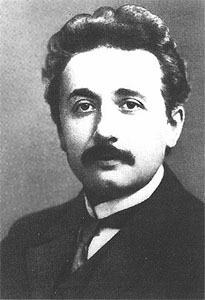

The recent spillage of ink over Einstein's life, however, is to be explained less by these perennial considerations than by lurid curiosity aroused by than by lurid curiosity aroused by some new information uncovered by the editors of The Collected Papers of Albert Einstein in the course of preparing the first volumes in the series (2). Einstein the human being also makes a fascinating study, for this modest and painfully self-aware intellectual combined a passionate love of humanity and a capacity for deep and enduring friendships with what often seemed a selfish and callous indifference to the feelings of some of those closest to him, especially his two wives and his children. He was an important figure in the political history of the 20th century through his work on behalf of pacifism, Zionism, and socialism, his role as an instigator of the American atomic bomb project, his post-war advocacy of the sharing of nuclear secrets, and his opposition to the McCarthyite persecutions of the late 1940s and early '50s. His development of the special and general theories of relativity, thereby laying the foundation for modem relativistic cosmology, his role in the development of the quantum theory, his contributions to our understanding of Brownian motion and the foundations of statistical physics, and his pursuit of the dream of a unified held theory mark him as the greatest scientist since Newton. Einstein will, of course, and should continue to draw our interest. The publication of these two volumes brings to at least six the number of biographical works about Einstein appearing in the past five years (1), with others rumored to be in preparation.

Translated from the German edition (Frankfurt am Main, 1993) by Ewald Osers.


 0 kommentar(er)
0 kommentar(er)
